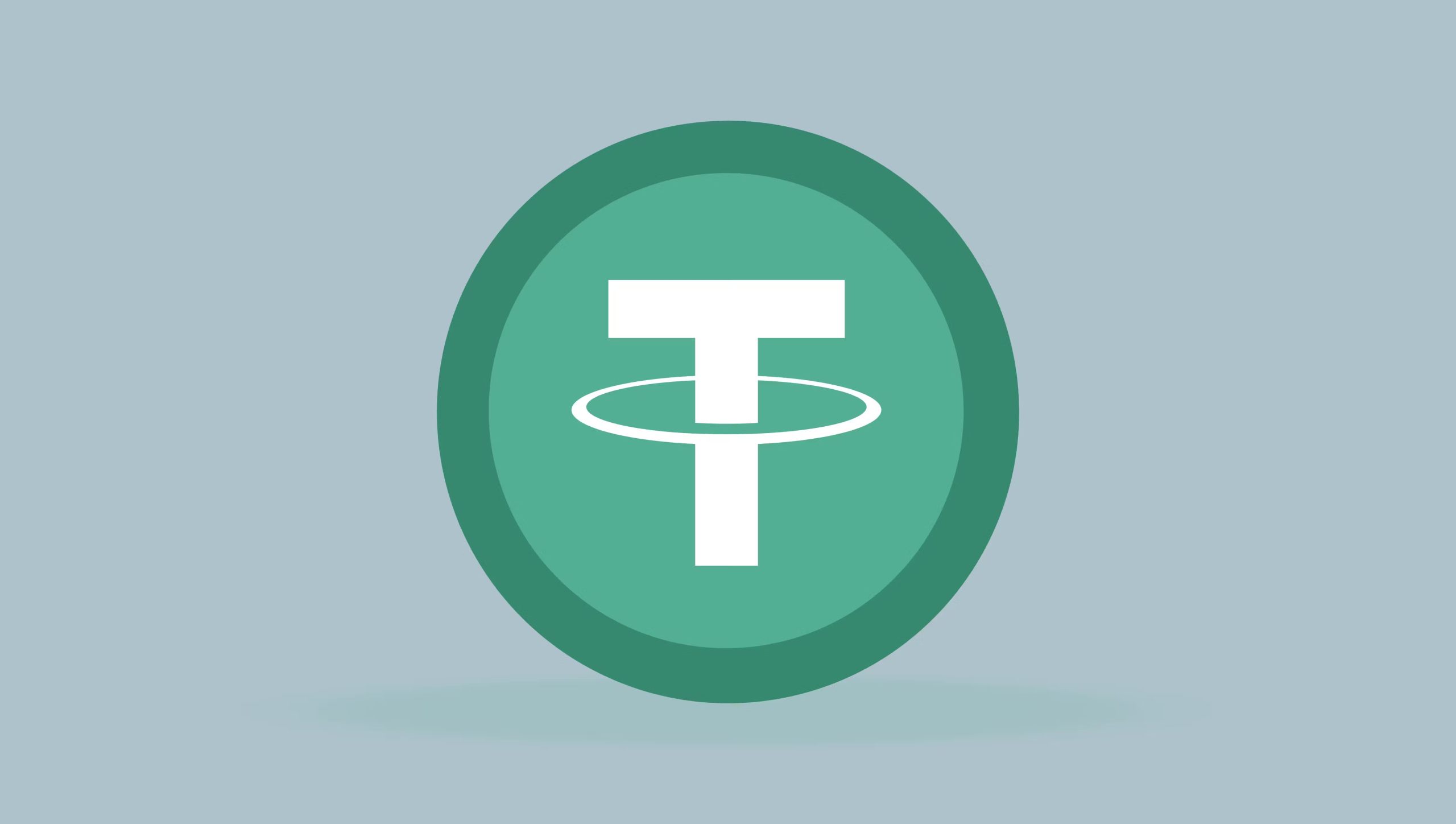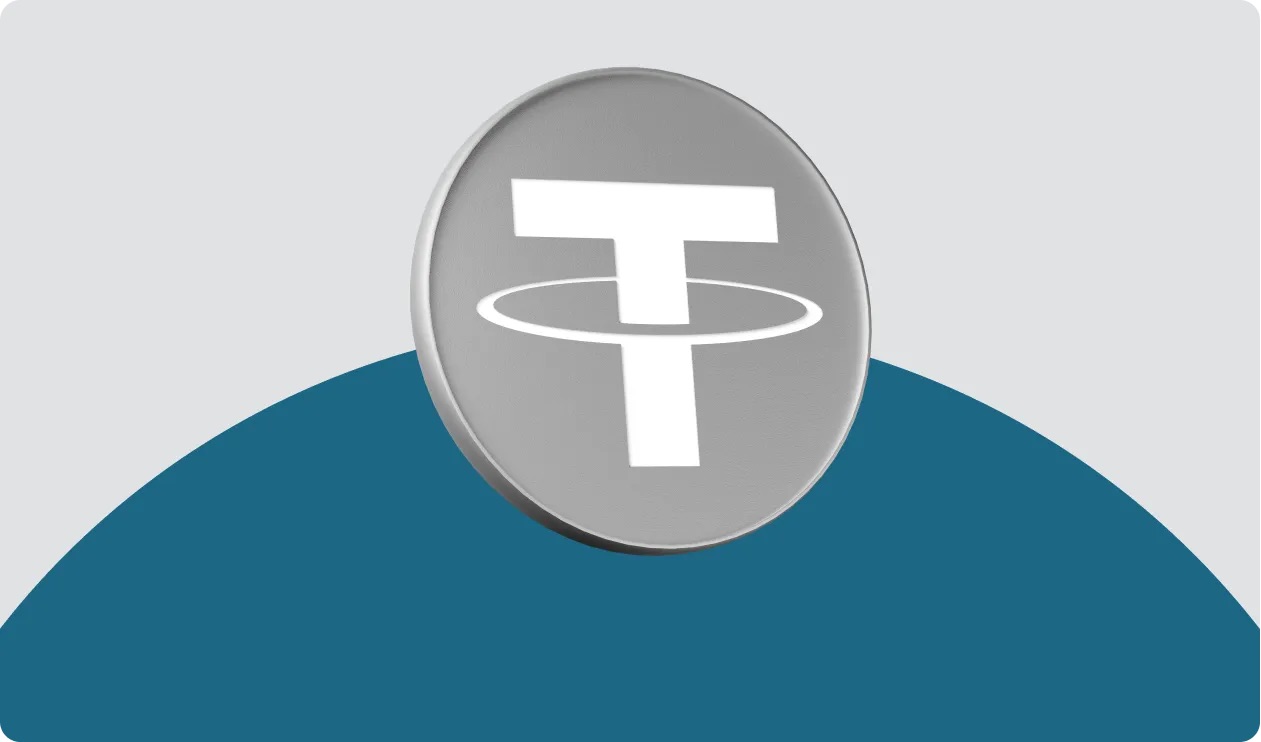Reeve Collins, co-founder of Tether, announced the launch of a new stablecoin project called Pi Protocol on Tuesday. Similar to recent market entrants Ethena and M^0, Pi Protocol aims to provide yield to holders, with the yield potentially derived from tokenized real-world assets. This differs from earlier stablecoins like USDT and USDC (fiat-backed) and DAI (algorithmically pegged to the dollar).
This new stablecoin protocol is set to launch in the second half of 2025 on the Ethereum and Solana blockchains. While the specific details of how the stablecoin will generate yield have not yet been disclosed, other tokens have historically passed on the income from tokenized assets, such as U.S. Treasuries, to holders. For example, the USDM stablecoin launched by Mountain Protocol last year offers about a 5% annual yield from its underlying assets.
Currently, Ethena’s sUSDe stablecoin dominates the yield-bearing synthetic dollar market, with a circulating supply of around $4.5 billion. According to The Block, the next in line are MakerDAO’s sDAI and BlackRock’s BUIDL fund.
In 2024, Tether reported net profits of $13 billion from its reserve assets, including government bonds, reverse repurchase agreements, and money market funds. Collins served as Tether’s CEO from 2013 to 2015 and was involved in the early development and launch of the Tether stablecoin and the company alongside Brock Pierce and Craig Sellars. During his tenure, he played a key role in establishing Tether’s relationship with the Bitfinex cryptocurrency exchange. He later founded the NFT platform BLOCKv, which raised $22 million in 2017. Recently, Collins sold his gaming startup, Pala Interactive, which raised $70 million, to Boyd Gaming.
Currently, Tether maintains its dominant position in the cryptocurrency market, with a market cap of $141 billion.






